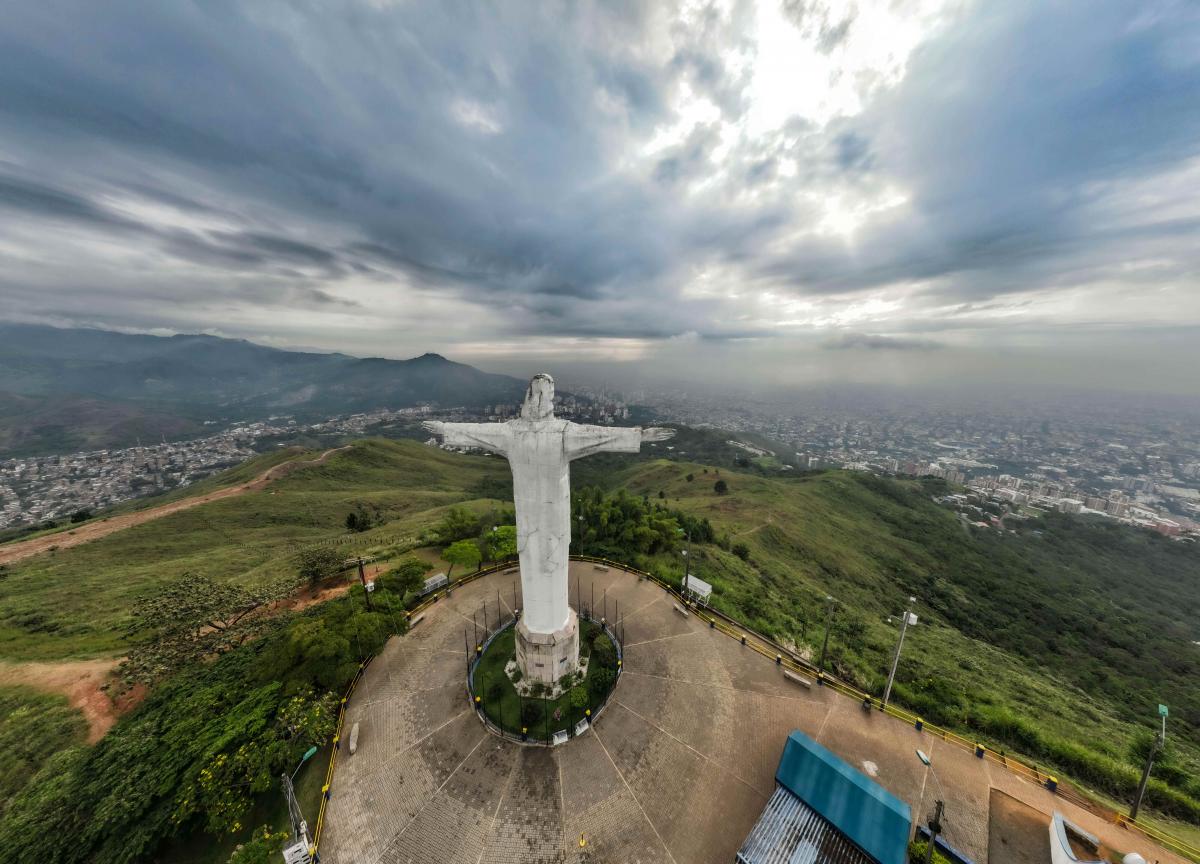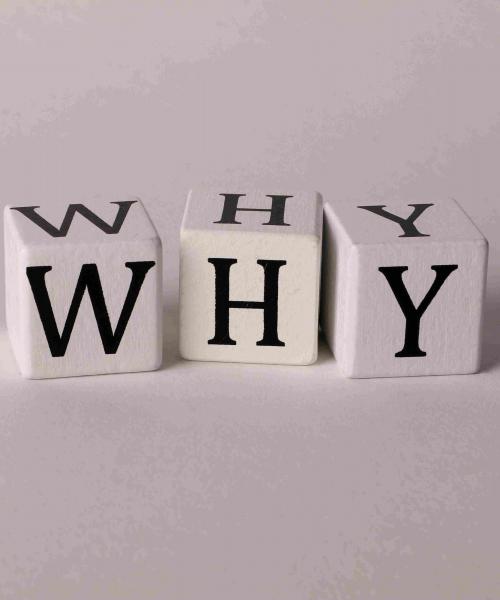
The King Who Reigns from a Cross
Luke 23:33–43
Reign of Christ Sunday, November 23, 2025
Rev. Heather Carlson
“The King Who Reigns From a Cross”
100 years ago the world was marked by enormous upheaval.
-
Devastation of war and aftermath of a global pandemic
-
Established political rulers defeated by uprising and opposition
-
Secularization of people’s allegiance as governments, military powers and ideologies attracted increasing numbers of followers looking to them for hope and salvation
-
Growing nationalism and even fascist claims of authority over people’s lives
In response, in 1925, Pope Pius XI instituted Christ the King Sunday to make a bold, public theological claim: Christ alone is the true ruler of all nations and peoples. Christ reigns over all creation and will ultimately make all things new. The feast was meant to remind the world that no earthly power has final authority and that peace is found not in political domination but in the reign of Christ.
Such a statement resonated with our reformed church forerunners who adopted this designation for the last Sunday of the Christian calendar - calling it the Reign of Christ.
And so today, the scripture leads us not into the throne room of heaven with images of trumpets and crowns. Instead it leads us to a King who Reigns from a cross.
We travel to a hill outside Jerusalem, to a place ominously called The Skull. And there, in this place of death, surrounded not by angels but by criminals and soldiers, we hear the proclamation: “This is the King…the Messiah…God’s chosen one.”
If we were inventing a religious story to inspire confidence, this is not how we’d tell it. But the church does not gather around the rulers we invent. We gather around the Messiah God gives—a King who reigns from a cross.
From this passage God reveals the nature of Christ’s reign:
-
The King who prays for his enemies
-
The King who stands with the condemned
-
The King who opens paradise
The first royal act of Jesus in this passage is a prayer: “Father, forgive them, for they do not know what they are doing.”
These are not words spoken after an apology. No one has asked for forgiveness. No one has confessed. The soldiers are still driving in the nails. The leaders are still mocking. The crowd is still passive, watching as though this were just another spectacle. And yet Jesus prays for them.
When we speak of God’s sovereignty, we do not simply mean that God is powerful. We mean that God’s power is expressed not as a tyrant or dictator, but in God’s faithfulness, God’s mercy, God’s commitment to heal the world rather than destroy it.
Standing at the foot of the cross, we see the difference between earthly power and divine power. Earthly rulers preserve their power by eliminating their enemies. But Jesus reveals His power by praying blessings for His enemies.
As we face division, and political turmoil today, there is great temptation to choose contempt, condemnation and retaliation. But in the Reign of Christ, the church is pressed to remember that the One who reigns from a cross chooses compassion, and refuses to give up on the very people who were giving up on Him.
This is not weakness. It is not passivity. It is not resignation. This is the power to love in the very place where love is rejected. We follow this King, by praying for our enemies.
The second striking image is the company Jesus keeps. Luke tells us Jesus is crucified between two criminals—one on His right, one on His left. It is a cruel parody of inauguration. Luke wants us to see something deeper: Christ’s place is among the broken, the marginalized, the guilty, the forgotten.
One criminal joins the mockery: “Are you not the Messiah? Save yourself—and us!” But the other does something astonishing. Hanging on his own cross, with the life draining out of him, he finds the courage to tell the truth: “We are punished justly… but this man has done nothing wrong.”
In that moment, this condemned man becomes the first theologian of the cross. He sees what the crowds cannot see. He recognizes innocence, goodness, and divine presence in the suffering figure beside him. And then he utters a prayer—not polished, not complete, not formally structured, but true, heartfelt, humble:
“Jesus, remember me when you come into your kingdom.” He looks at Jesus, bleeding, mocked, defeated, dying—and he calls Him King.
This is the scandal of Christ the King: Jesus’ power is not the power of domination but of solidarity. He reigns not from above His people but from among them.
Still today, Christ is present:
-
among those who suffer,
-
among those society discards,
-
among those the world labels as failures,
-
among those who are condemned—sometimes fairly, sometimes unjustly.
Christ is there.
This means the church does not simply speak about Christ’s reign; we learn to stand with the condemned, broken and suffering. 2000 years ago, our King spoke acceptance to a thief. 100 years ago, brothers and sisters in Christ risked their lives to save Jewish neighbours.
This is a challenge to every congregation, including ours. It asks us: Do we follow Christ where He actually goes, or only where we prefer He would go?
-
Finding ways to stand against safety and human rights being stripped from transgender youth
-
Thursday 2pm exploration of Salvation Army Resource Centre
-
Wednesday, Dec. 3 speaker on Kakuma Refugee Camp
The church’s record is a tale of caution. The same Pope who instituted Christ the King Sunday eventually led the church in the pursuit of institutional self-preservation and influence within Italian society. Striking an alliance with the fascist regime, such accommodation compromised the church and provided momentum to the consolidation of Mussolini's power. Pope Pius XI expressed regret toward the end of his life, realizing Mussolini had used the Church for his own ends.
Jesus identifies Himself with the broken, so too, the church must be a place where brokenness is not hidden but healed. Even our own.
Lastly comes one of the most grace-filled statements in all Scripture. To the criminal who asks for remembrance, Jesus says: “Truly I tell you, today you will be with me in paradise.”
Not “someday.”
Not “after you’ve made amends.”
Not “once you’ve earned it.”
Today.
This is the kingly authority of Jesus Christ—not to crush His enemies but to open the gates of life. The condemned man asks for remembrance; Jesus gives him relationship. He asks for a future hope; Jesus gives him immediate communion.
This is a King who brings salvation even in death, who opens paradise from a cross, who ushers a guilty man into eternal life with nothing to offer but trust.
None of us stands before Christ with accomplishments sufficient to enter paradise. We stand with empty hands, and Christ fills them with grace.
And here is the astonishing thing we declare on Reign of Christ Sunday: This King reigns now.
Not simply in the life to come, not only in the final fulfillment of all things, but right now—in the middle of our griefs, our fears, our disappointments, our hopes. His kingdom is already breaking into the world, often quietly, often unexpectedly:
-
wherever forgiveness triumphs over resentment,
-
wherever mercy triumphs over vengeance,
-
wherever hope is offered to the despairing,
-
wherever the broken are gathered in and not cast out,
-
wherever love defeats fear.
Whenever and wherever these things happen, the reign of Christ is at hand.
The gospel leads us to a place called The Skull, where we expect to find defeat—and instead we find the deepest revelation of divine kingship. Here we see:
-
A King who prays for His enemies, revealing the radical mercy at the heart of God’s power.
-
A King who stands with the condemned, showing us where to find Him and where we are called to follow.
-
A King who opens paradise, demonstrating that His authority brings life, hope, and salvation even in the shadow of death.
This is the King we serve.
This is the King who reigns.
This is the King who invites us into His kingdom.
May we—like the repentant criminal—find the courage to say:
“Jesus, remember me when you come into your kingdom.”
And may we hear, again and again, His royal promise:
“Truly I tell you… today you will be with me in paradise.”
Thanks be to God.
 St. John's
St. John's




